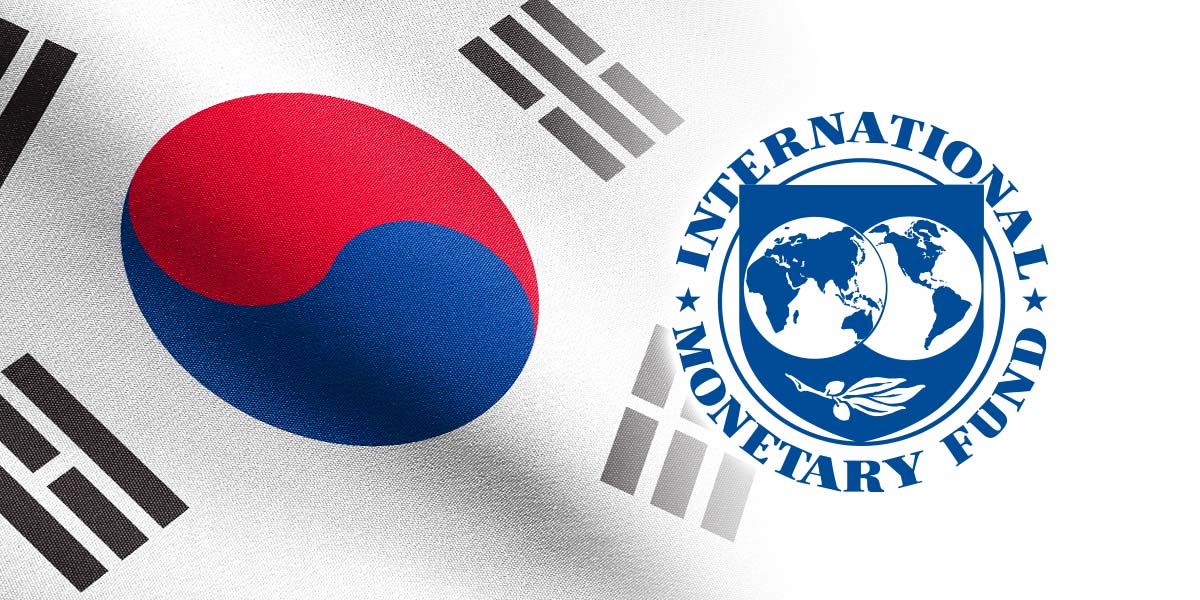The International Monetary Fund (IMF) has urged South Korea to maintain its accommodative fiscal and monetary policy stance in order to bolster economic recovery, while emphasizing that structural reforms will be critical to improve long-term growth prospects.
In its latest Article IV review, the IMF stated that Korean policymakers still have sufficient policy flexibility to stimulate growth, but should remain nimble in response to changing global risks. The organization also recommended that authorities restrict foreign-exchange interventions to instances where market conditions become disorderly.
The IMF assessed that with inflation expectations contained and risks balanced, continued monetary easing would support the country’s recovery. However, policy must remain adaptable due to ongoing external uncertainties. These comments come amid speculation about a potential resumption of rate cuts by the Bank of Korea, as several board members have signaled openness to further reductions within the coming months.
Regarding fiscal policy, the IMF said South Korea’s proposed budget and near-term spending plans are appropriate, but recommended fiscal consolidation resume once economic growth returns to potential.
Notably, proactive steps to rein in household loan growth and address weaknesses in real estate project financing have helped contain financial risks.
South Korea’s economy is projected to expand by 0.9% in 2025 before recovering to 1.8% in 2026, according to the IMF, driven by policy support and a resilient semiconductor exports, with inflation expected to remain close to the central bank’s 2% target.
Nevertheless, the IMF acknowledged ongoing uncertainty and highlighted that risks remain skewed to the downside. Although supportive policies are expected to provide short-term relief, the country continues to grapple with deeper structural issues such as sluggish productivity growth, a declining workforce, and elevated household debt levels.
The IMF expressed support for South Korea’s new Economic Growth Strategy, which emphasizes artificial intelligence, expanding service exports, and fostering innovation. However, the Fund stressed the need for a faster pace of reform, recommending further structural fiscal measures to help manage increasing age-related expenditure pressures.




